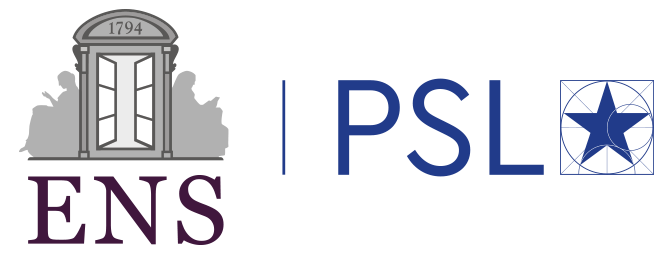Domaines
Condensed matter
Statistical physics
Kinetic theory ; Diffusion ; Long-range interacting systems
Type of internship
Théorique, numérique Description
Accurately predicting the properties of materials at high temperatures remains a challenge. Direct measurements of these properties are limited by experimental instrumentation, and atomic-scale simulations based on empirical force fields are often unreliable due to a lack of precision. This problem can be solved using statistical learning techniques, which have recently seen their use explode in materials science. Force fields constructed by statistical learning reach the level of accuracy of ab initio calculations ; however, their implementation in sampling methods is limited by high computational costs, generally several orders of magnitude higher than those of traditional force fields. To overcome this limitation, the student will focus on the descriptor of the local atomic environment and the regression model. They will then implement a fast and robust Bayesian sampling scheme to estimate the free energy, an essential thermodynamic quantity that allows us to understand the effects of temperature in crystalline solids and that provides, among other things, access to the thermodynamic properties of point defects. The aim here will be to estimate the free energies of formation and migration of vacancy defects, which allow the estimation of atomic diffusion coefficients in complex alloys. Specifically, we will use a Bayesian sampling algorithm to explore the relevant basins of phase space. The study will focus on a complex alloy containing the elements W, Ti, V, Mo and Ta.
Contact
Manuel Athènes
